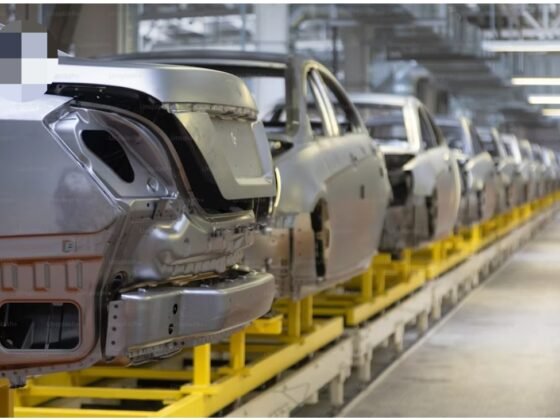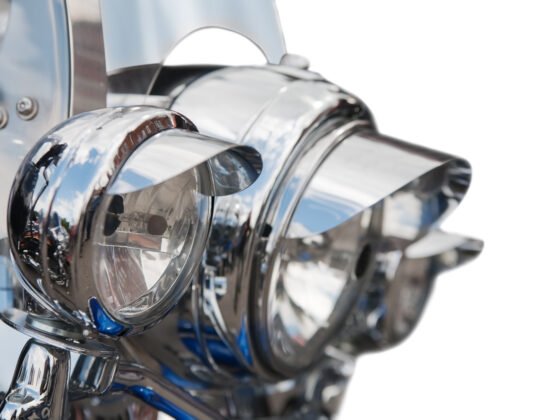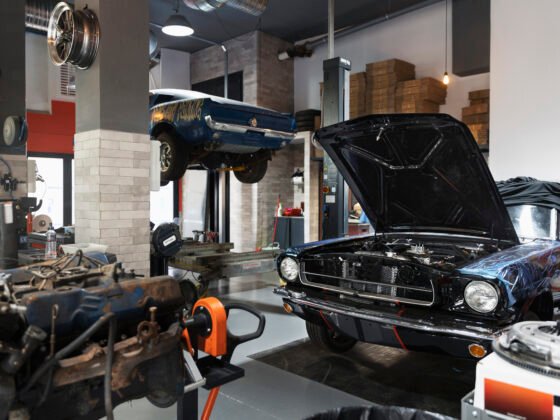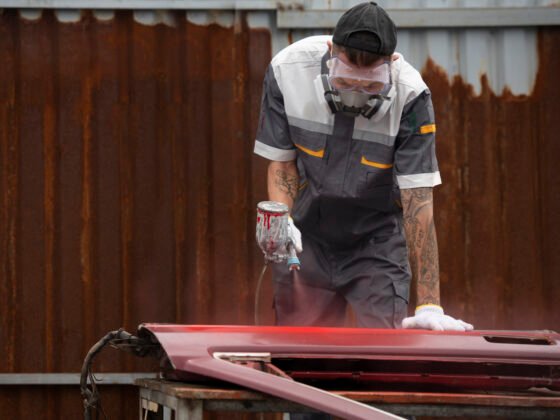Finding an automotive shop for rent is an exciting milestone for any mechanic, entrepreneur, or business owner aiming to launch or expand their business in the automotive repair industry. Whether you’re planning to set up a general repair shop, bodywork facility, or specialized service center, choosing the right space can significantly impact your business’s success. This article covers essential considerations, benefits, and steps for finding an ideal automotive shop for rent.
1. Determining Your Business Needs
Before searching for a rental space, it’s crucial to assess your specific needs. This assessment includes:
- Type of Services Offered: Decide on the scope of your services (general repairs, diagnostics, bodywork, etc.). This helps determine your space requirements and any specialized facilities you may need.
- Size Requirements: Calculate the amount of space required for vehicles, equipment, office areas, and waiting rooms. If you anticipate high customer traffic or large vehicles, ensure the shop can comfortably accommodate these needs.
- Location: Consider whether proximity to a busy street, highway, or auto parts supplier is essential for convenience and customer accessibility.
2. Finding the Right Location
Location is key for any business, and an automotive shop is no different. Here are some location-related factors to keep in mind:
- Customer Convenience: A location near residential areas, shopping centers, or business districts can attract more customers who find it convenient to drop off their vehicles while they attend to other errands.
- Accessibility: Ensure that the location is easily accessible for customers and delivery trucks bringing in parts and supplies. A well-connected location with ample parking space will appeal to customers.
- Visibility: High visibility can increase walk-in traffic. Look for locations on main roads or intersections where people can easily see your signage and services.
3. Essential Facility Requirements
An automotive shop requires specific facilities and features to operate effectively. Here are some key elements to look for:
- Garage Doors and Ceiling Height: Check for large garage doors and adequate ceiling height to accommodate a variety of vehicles, including trucks and SUVs. High ceilings allow for the safe operation of lifts and cranes.
- Ventilation and Lighting: Proper ventilation is essential to ensure a safe and comfortable environment for both customers and staff. Additionally, ample lighting is crucial for working on intricate repairs.
- Power Supply: Many tools and equipment in an automotive shop require substantial power. Check that the electrical capacity and outlets can support equipment like lifts, air compressors, and other power-hungry tools.
- Waste Disposal Facilities: Ensure that the shop has waste disposal systems in place for oil, coolant, and other automotive fluids. Look for facilities with eco-friendly waste disposal options, which are becoming increasingly necessary due to environmental regulations.
4. Zoning and Legal Requirements
Zoning and legal considerations are crucial when renting an automotive shop. You’ll want to confirm that the location is zoned for automotive use and meets all local regulations.
- Zoning Permits: Check with local authorities to confirm that the property is zoned for automotive services. Some areas may have restrictions on certain types of automotive businesses, so do your research.
- Licenses and Certifications: Ensure you have all necessary licenses and certifications to operate legally. The specific requirements vary depending on location and the services offered.
- Environmental Regulations: Automotive shops must adhere to environmental regulations regarding the disposal of hazardous waste and emissions. Confirm that the property has facilities for proper waste management and is compliant with any local environmental standards.
5. Lease Terms and Conditions
Once you’ve found a suitable location, it’s essential to negotiate favorable lease terms to protect your business interests. Key considerations include:
- Lease Length: Decide on a lease length that fits your business plans. If you’re just starting, you might prefer a short-term lease with renewal options.
- Rent and Expenses: In addition to rent, ask about other expenses such as utilities, maintenance costs, and any association fees. Make sure these are within your budget.
- Modifications and Renovations: You may need to make modifications to suit your business needs. Discuss whether the landlord permits alterations to the property and if they’ll contribute to any renovation costs.
- Exit Strategy: Look for a lease with a reasonable exit clause in case you need to relocate or terminate the lease early. This can prevent financial strain if your business needs change unexpectedly.
6. Benefits of Renting an Automotive Shop
Renting an automotive shop offers several advantages for both new businesses and established ones looking to expand:
- Lower Initial Investment: Renting a space often requires less upfront capital than purchasing, freeing up funds for equipment and marketing.
- Flexibility: A rental agreement provides flexibility, allowing you to relocate or expand to a larger facility as your business grows.
- Maintenance and Repairs: In many lease agreements, the landlord covers structural maintenance, reducing your responsibility for costly repairs.
7. Marketing Your Business Location
Once you’ve secured the space, make the most of your location by promoting your services:
- Online Presence: Set up a Google My Business listing so customers can easily find you online. Include photos of the shop, address, contact information, and customer reviews.
- Signage and Branding: Invest in professional signage that is visible from the street. Quality signage reinforces brand recognition and communicates professionalism.
- Partnerships with Local Businesses: Establish partnerships with nearby businesses like auto dealerships, gas stations, and car rental agencies to increase your customer base.
8. Inspecting the Facility Before Signing
Before finalizing the lease, conduct a thorough inspection of the premises to ensure it meets your standards. Check for any potential issues such as roof leaks, structural problems, or electrical faults. Hiring a professional inspector can save you from unexpected repair costs in the future.
Conclusion
Renting an automotive shop is a significant step toward establishing a successful automotive business. By considering factors like location, facility requirements, legal aspects, and lease terms, you can find a space that aligns with your business goals. A well-chosen location not only increases customer traffic but also enhances your reputation in the community. Taking time to research and evaluate your options will help ensure that your shop is both functional and profitable, providing a solid foundation for growth in the automotive repair industry.










